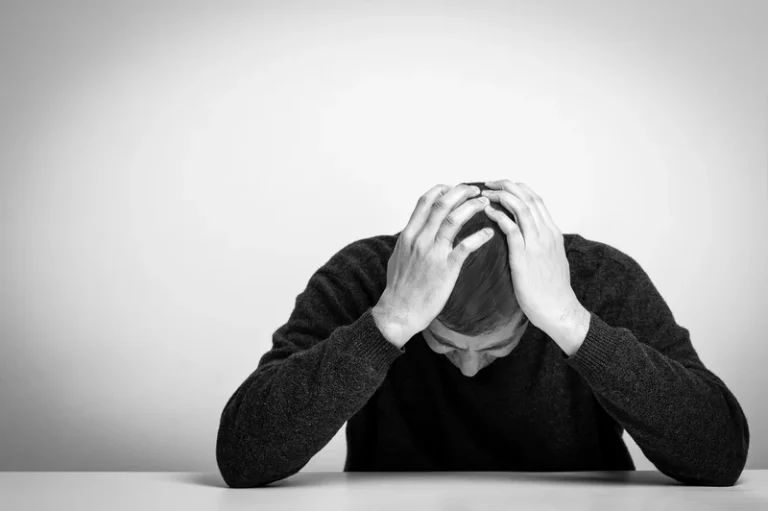
Or they might hide how much they were drinking, who they were hanging out with, or what they were doing in order to avoid a fight. For most people, being addicted to alcohol (or any substance) means prioritizing it over the more important parts of life—even if you don’t mean to. You might spend extra money on booze, rather https://ecosoberhouse.com/ than shared activities with your partner or family. To the loved ones of someone with a drinking problem, it might always look like the alcohol comes first. The truth is that alcohol abuse can take a serious toll on even the strongest of relationships, to the point where they can fail.
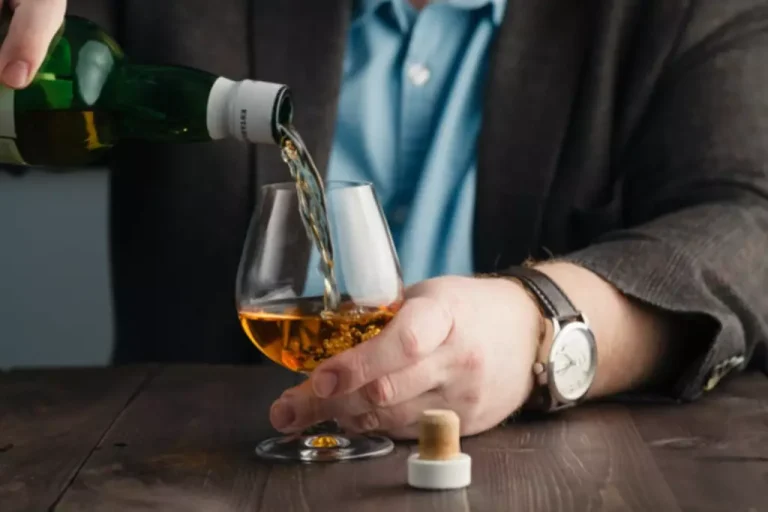
Alcohol Addiction And Relationships
Changes in your personality can cause you to interact differently with the people around you — and not always for the better. Keeping a distance will also prevent your loved one from influencing you to allow the addiction to continue or crossing boundaries.
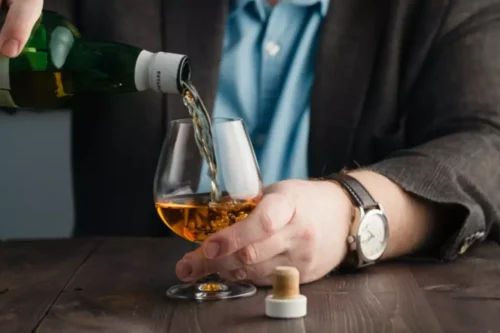
Both high and low HDL levels are linked to age-related macular degeneration risk
By prioritizing open communication, consent, and making informed choices about alcohol consumption, individuals can work towards maintaining a strong and fulfilling relationship. To overcome this challenge, it is important for individuals to be aware of the impact of alcohol on their communication abilities and to make conscious efforts to engage in open and honest conversations when they are sober. Seeking professional help, such as therapy or counseling, can also provide guidance on improving communication skills within the context of alcohol and relationships. Taking care of oneself is crucial when dealing with alcohol abuse in relationships.
Potential for abusive behavior
Heavy drinking affects the mind and body, and the one struggling is often the last to recognize the damage’s extent. ICCPUD supported an independent scientific review panel that conducted data analyses and an evidence review on drug addiction alcohol and health beginning in early 2022. ICCPUD’s draft report summarizes the findings of its study and does not include recommendations on alcohol consumption. Talking to your health care provider can help you determine your risk, and examine just how much you’re drinking and what all of this data means for you and your personal health history.
Erosion of trust
- They can help determine whether what you’re experiencing is alcohol use disorder and recommend further evaluation or treatment if necessary.
- But for many people, it can also be a source of conflict in their relationships.
- Additionally, missed work due to hangovers or job loss from alcohol-related issues can strain a family’s financial resources.
- Instead, we’ll work with the thought patterns that are often tied to the reasons we drink, drink too much, and keep drinking when we don’t want to.
21 Days to Believe In Yourself creates a space for people to take a look inside and, little by little, dare to bring what they find to the surface. By asking the right questions, the audience will get in touch with their most authentic selves and from a place of self-acceptance, fully own who they really are. One day, Lori Gottlieb is a therapist who helps patients in her Los Angeles practice. Enter Wendell, the quirky but seasoned therapist in whose office she suddenly lands. With his balding head, cardigan, and khakis, he seems to have come straight from Therapist Central Casting.
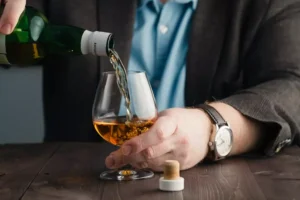
One of the many complex aspects of alcohol use disorder is when codependency and alcohol misuse intersect. Alcohol codependency occurs when a person becomes reliant on someone and their alcohol misuse hinges on their partner’s behaviors. A partner of someone addicted to alcohol may believe they’re helping the other person by enabling the addiction to continue.
- Discover how rehab helps drug addicts overcome addiction through trusted rehab services, therapy, detox, skill-building, peer support, and aftercare for lasting recovery.
- A 2013 study found that of the 52 people who participated, over 34 of them (that’s more than 60%) noted that substance use was a factor for separation.
- The most fulfilled marriage relationships, dating relationships, and friendships involve people who genuinely want each other to experience a life of happiness, meaning, and fulfillment.
- There are numerous treatment options available to meet your needs, but many people begin with a medical detox program to help them manage alcohol withdrawal symptoms, which can be serious.
- Kids may develop trust issues and struggle with relationships later in life.
You’re Spending Less Time Together
Fortunately, there are more ways than ever to get support if alcohol is harming your life and happiness. Ria Health is one online program offering comprehensive help—from coaching meetings to anti-craving prescriptions—100 percent from your smartphone. With Ria, you won’t have to rearrange your life to start improving your drinking habits, relationships, and overall well-being. When it comes to how alcohol affects relationships, you might notice more lying or deception from yourself or your spouse. For instance, someone with alcohol addiction might lie to their spouse about where they are (e.g., a bar or friend’s house) because it involves drinking.
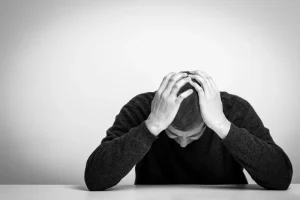
Later this month, HHS and USDA will open a comment period for the public to submit written feedback to the departments on the reports. More information about this public comment opportunity will be available on DietaryGuidelines.gov later this month. By entering your email and clicking Sign Up, you’re agreeing to let us send you customized marketing messages about us and our advertising partners. Tommy Fury is best known for boxing, Love Island and his high-profile relationship with Molly-Mae Hague. He’s less known for showing vulnerability, but in an exclusive interview with Men’s Health UK, Fury has opened up about dealing with some dark days.
How Do I Heal Relationships Affected By Alcoholism?
- Much of Palmer and Pond’s work draws on the research of Dr. William Miller, a researcher who in the 2010s conducted a large study of alcohol use treatment in the U.S. over the course of a year.
- They may experience loneliness, depression, guilt, anxiety, anger issues and an inability to trust others.
- This may cause the partner to experience emotions of neglect as well as dissatisfaction.
- When alcohol use turns into abuse, it can change your behavior and priorities.
- This is due to the fact that the cost of alcohol as well as possible repercussions, such as legal troubles or healthcare bills, can have an effect on the couple’s capacity to maintain their financial stability.
And finally, talk with your friends about your decision and ask for support. For some people, this could lead to exploring the sober curious movement. While not necessarily a direct path to quitting, being sober curious means you choose to think more consciously about the decision to drink rather than mindlessly consuming alcohol as part of the drinking culture. People who are clinically alcohol dependent can die if they suddenly, completely stop drinking. Talk to a GP or your local community alcohol service who will be able to get help for you to reduce your drinking safely.
“The other thing is I’m writing primarily for the loved ones of drinkers, heavy drinkers. And I’m saying you don’t have to quit on the relationship, as well.” Her recent book — perhaps provocatively titled You Don’t Have To Quit — explores research and offers strategies for people to help their loved ones drink less. For one, “Birds of a feather flock together.” If you’re a heavy drinker, you may spend more time with (and date) those who do the same. The authors also point alcohol and relationships out methodological limitations in the small percentage of studies that do incorporate social contexts.









